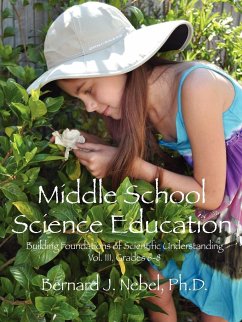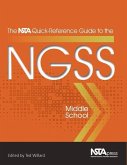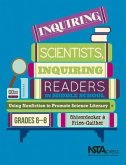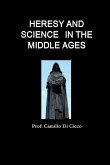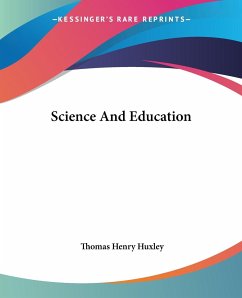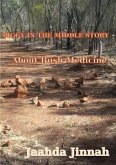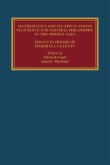How to Teach Science for Kids' Success The "Building Foundations of Scientific Understanding" (BFSU) series provides lesson plans that will enable even a novice teacher with little science background to conduct a high-quality science curriculum. Gone from this curriculum is the helter-skelter approach of a bit of this and a bit of that. Starting with BFSU [Volume I] for K-2 and continuing through Volume III for grades 6-8, lessons build in a logical, systematic, stepwise fashion embracing and integrating all the major areas of science. Through first-hand observation, experimentation, and exercising their own reasoning, students will gain a broad knowledge and understanding concerning underlying principles and develop their cognitive skills in the process. Additional assets include: - Skills of inquiry and rational thought become habits of mind as each lesson draws students, hands-on, to examine, reflect, question, discuss, test, and reason their way toward rational conclusions. - Lessons become meaningful and retention is enhanced by constantly relating lessons to real-world experience. - Standards are achieved, not by teaching to the test, but by being natural outcomes of integrated learning. - Math, reading, writing, and other subjects are easily integrated. Lists of additional readings are provided with each lesson. - Special training for teachers is not required. Teachers will learn along with their students and be excellent role models in doing so. - Costs are kept minimal by utilizing commonly available items and materials. B. J. Nebel, Ph.D. was an early initiator of environmental science education and authored a still widely used text Environmental Science (Prentice Hall, 1981 and subsequent editions). Challenged by the need for and potential of early science education, Nebel has now devoted himself to this K-8 series, Building Foundations of Scientific Understanding, which is being acclaimed by users as the best elementary science curriculum found anywhere (see reviews on Amazon.com).

